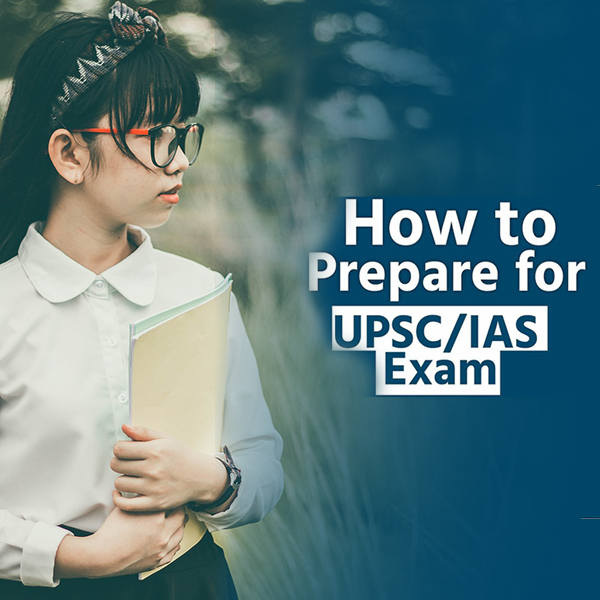Preparing for the Union Public Service Commission (UPSC) exam can be an overwhelming task, but with a strategic approach and the right resources, you can increase your chances of success. Here’s a step-by-step process and book list that you can follow to prepare for the UPSC exam:
- Understand the Exam Pattern: The first step is to understand the exam pattern of the UPSC exam. It consists of three stages – Preliminary Examination, Main Examination, and Interview. The preliminary examination is objective type and comprises two papers, General Studies I and General Studies II (CSAT). The main examination consists of nine papers, including two qualifying papers, and the interview is the final stage.
- Choose Optional Subject: You need to choose an optional subject for the main examination. It is recommended that you choose a subject that you are comfortable with, and you have prior knowledge of.
- Read and Understand the Syllabus: Once you understand the exam pattern, go through the syllabus of each subject and paper. The syllabus gives you an idea of what topics to cover and what to leave.
- Get the Required Study Material: You need to have a proper set of books and study material to prepare for the UPSC exam. Here are the book lists for each paper:
Preliminary Examination:
- History of Modern India by Bipin Chandra
- India’s Struggle for Independence by Bipin Chandra
- Indian Polity by Laxmikanth
- Indian Economy by Ramesh Singh
- Certificate Physical and Human Geography by Goh Cheng Leong
- Environment and Ecology by Majid Husain
- General Science by Lucent
Main Examination:
Paper I – Essay:
- Contemporary Essays by Ramesh Singh
Paper II – General Studies I:
- India’s Ancient Past by R.S. Sharma
- History of Medieval India by Satish Chandra
- India Since Independence by Bipan Chandra
- Indian Polity by Laxmikanth
- Indian Economy by Ramesh Singh
- Certificate Physical and Human Geography by Goh Cheng Leong
- Environment and Ecology by Majid Husain
- General Science by Lucent
Paper III – General Studies II:
- Ethics, Integrity and Aptitude by Subba Rao and P.N. Roy Chaudhary
- Governance in India by Laxmikanth
- International Relations by Pavneet Singh
- Indian Society by Ram Ahuja
Paper IV – General Studies III:
- Economic Development and Policies in India by Jain and Ohri
- Science and Technology by Spectrum
- Environment and Ecology by Majid Husain
Paper V – General Studies IV:
- Lexicon for Ethics, Integrity and Aptitude by Niraj Kumar
- Ethics, Integrity and Aptitude by Subba Rao and P.N. Roy Chaudhary
Optional Subject:
- Refer to the syllabus of the chosen subject and buy the recommended books.
- Start with Basic Books: Start your preparation with basic books that provide a fundamental understanding of the subjects. Once you have covered the basics, you can move on to advanced books.
- Make Notes: While studying, make short notes of important topics and concepts. It helps in quick revision before the exam.
- Practice Mock Tests: Practice mock tests regularly to evaluate your preparation and identify your weak areas.
- Current Affairs: Stay updated with current affairs by reading newspapers, magazines, and online resources.
- Revision: Revise regularly to retain what you have learned.
- Interview Preparation: Prepare for the interview by improving your communication skills, body language, and general knowledge.
In conclusion, preparing for the UPSC exam requires a lot of hard work, dedication, and perseverance. Follow the above steps, study diligently
In conclusion, preparing for the UPSC exam is a challenging task that requires a systematic approach, diligent preparation, and consistent effort. It is essential to understand the exam pattern, syllabus, and recommended books to increase your chances of success. With the right study material, regular practice, and revision, you can achieve your goal of cracking the UPSC exam. It is also important to stay updated with current affairs and prepare well for the interview to ensure a successful outcome. Remember, success in the UPSC exam is not just about cracking the exam but also about developing a strong foundation of knowledge and skills that will help you in your future endeavors.
Read Also: Best IAS officers in india



